[ad_1]
Not so long ago, an article titled “Pets Aren’t Kids, So Stop Calling Them That“Appeared on The cup. The post garnered 929 comments directly on the page, not to mention the countless readers who weighed in on the issue via social media. While many expressed their ability to understand both sides of the argument, the majority of responses drew clear battle lines between the two poles of opinion.
We live in a world where the definition of “parent” has been stretched and redefined time and time again to fit our modern families. With step-parents, biological parents, surrogate parents, adoptive parents, adoptive parents, extended family and friends acting as the primary caregivers of children, is it really such a crime to allow landlords of the most devoted animals in the long term?
After all, isn’t the level of dedication to work what really makes a parent?
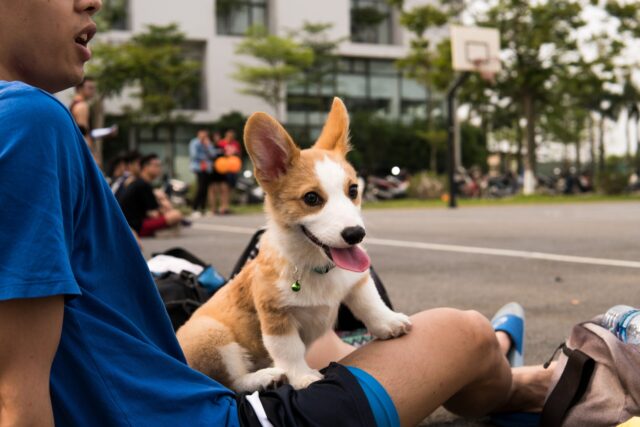
Since this topic certainly seems to strike a chord, let’s explore The cup‘s article a little further using direct quotes from the author.
Point One: “When people call themselves pet ‘parents’, they’re not just having fun. They sincerely believe what they are doing is parenting.
A recent study by rover.com found that 94% of US pet owners consider them part of the family. But just because we shout “Mommy is home!” when you walk through the door, that doesn’t mean you don’t understand the difference between having dogs and raising human children!
The author offers no data showing how many pet owners fail to see that raising a human being is not the same as loving and caring for a pet. Yet he or she describes those who say “pet parent” as perpetuating “a sweet illusion” or living “a retreat from the world.”
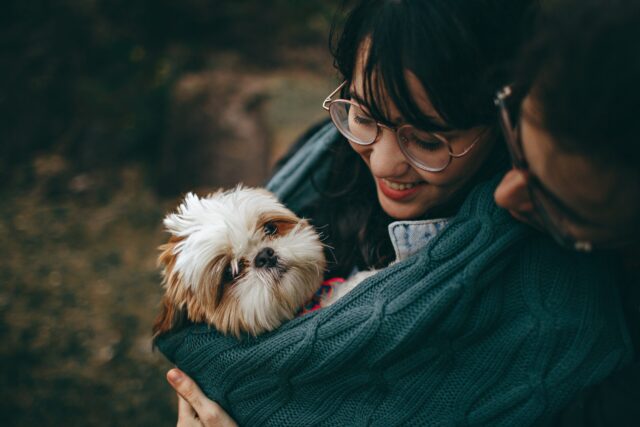
Second point: “Your pet had a parent, and that parent was not a human being. That parent was another animal…”
Again, I doubt this fact is lost on most pet owners. Anyone with the slightest understanding of biology knows that he was indeed an animal who gave birth to his dog or cat. The author makes the distinction between animal and human to illustrate his view that we love our pets because they are not like us, but we treat them like furry humans.
“We want them to be like us, but more static and predictable. Something we can control,” he wrote.
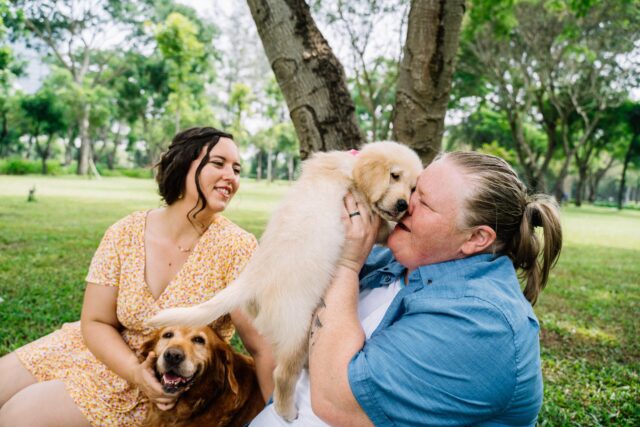
Third point: “Pets do not change. Your pet may slow down as it gets older, but otherwise the time you spend with it will always be the same.
This seems to be the major crux of the author’s argument, and one he or she fleshes out with the following statement about children:
“Unlike pets, children are always trying to outgrow, outflank and outsmart their parents. Children are cunning and devious, with long memories and big plans. They don’t just grow, they develop.
Pets never let you down, the author notes, but the same certainly can’t be said for humans – let alone the ever-changing adolescent variety!
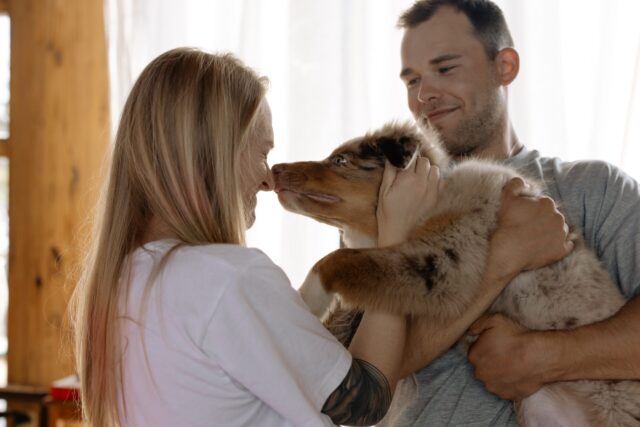
Point 4: “We need to remember that pets are extensions of us. We keep them to meet our needs, not theirs.
Some people may add a pet to their household on a selfish whim, but for others, caring for the world’s abused, abandoned and unloved animals is a call they can’t help but answer – often to the detriment of their carpets, wallets, sleep and common sense!
To say that those who choose to have pets instead of children are simply trying to “meet their own needs” is a massive generalization. Not everyone who breeds deserves the title “mom” or “dad”, and not everyone who has pets deserves to be called “pet parents”!

Fifth point: “You can’t ‘raise’ a pet because you don’t teach it to leave you and become an independent being. Your pet has no choice but to love you.
The author goes on to suggest that our pets “love” us because we are their source of food, shelter, and security. While this is certainly true, anyone who has experienced pet love knows that it goes far beyond survival instinct.
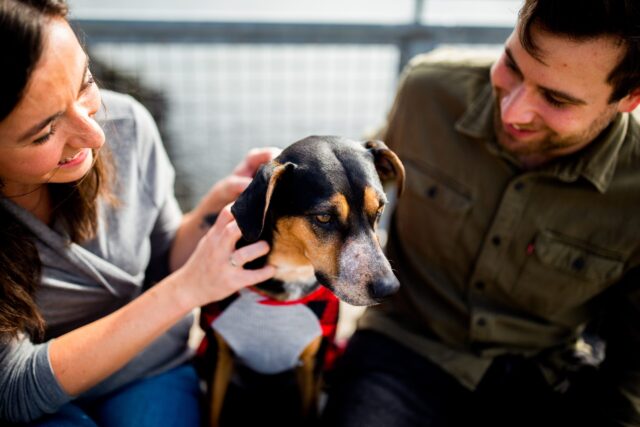
Sixth point: “We now prefer simulation to reality, where having a pet is like playing with a living doll, a chance to enjoy the activity and ritual of parenthood without any purpose, consequence or hard work.”
Our dogs and cats fill us with a tremendous sense of purpose and they are definitely hard work! Is a dog mother a parent in the same sense as the mother of a human child? Absolutely not! There are clear differences in the responsibilities and standards of each job, but to say that owning a pet lacks “purpose, consequence, or hard work” simply isn’t true.

If you take the biology out of the picture, the words that come to mind when I hear the term “parent” are unconditional love, education, responsibility, devotion, sacrifice, purpose… Does this sound like someone you know?
you can read The cupit is full article here. Let us know what you think of this buzzing topic in the comments!
Image selected via Flickr/BrightEyedMedia
[ad_2]
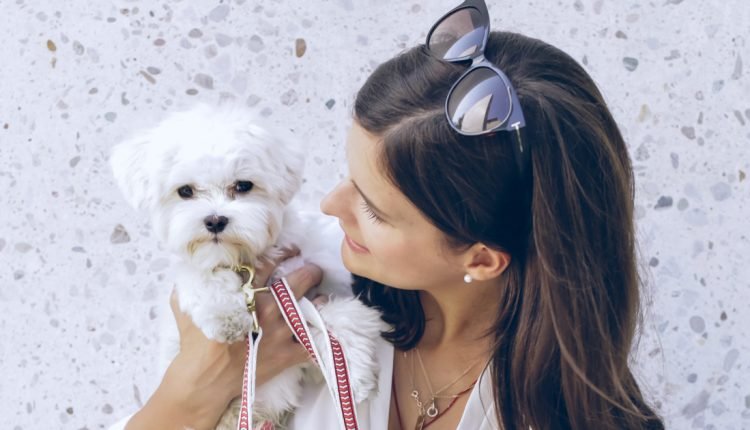
Comments are closed, but trackbacks and pingbacks are open.